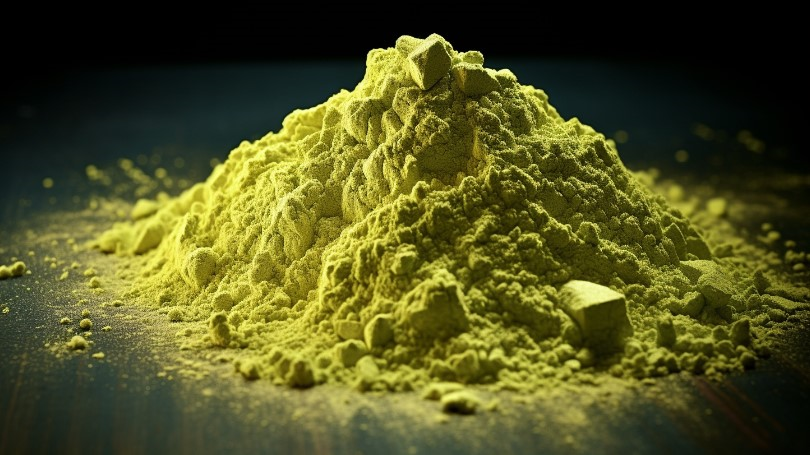케르세틴은 정말 마법 같은가?

퀘르세틴, also known as onion or quercetin, is an important medicinal component of the flavonoid family and an important dietary antioxidant. It is found in a variety of foods, including fruits, vegetables, tea, wine, and other dietary supplements, and has health benefits. The reason why quercetin is eye-catching is its special antioxidant, anti-inflammatory, anti-allergic effect, one of the best in all phytonutrients, known as natural antihistamine. In recent years, many researchers at home and abroad have obtained a lot of data to support the study of quercetin. Quercetin has antioxidant, anti-inflammatory, antibacterial, antiviral, free radical scavenging, and immunomodulatory activities in a variety of respiratory diseases due to a variety of biological properties, which constitute the basis for the potential benefits of overall health and disease resistance.
In a randomized, double-blind, placebo-controlled experiment conducted by the Lung Disease Institute of the University of Michigan in the United States, patients with chronic pulmonary obstruction who had a smoking history of 10 years or more were divided into placebo group, 500mg quercetin group, 1000mg quercetin group and 2000mg quercetin group for a six-month observation experiment. The results showed that: No serious adverse events or major adverse changes in lung function occurred in any group. Quercetin supplementation was effective in reducing disease severity in subjects with chronic obstructive pulmonary disease. It is recommended that patients with COPD will use quercetin supplements as the first step of treatment.
A study by Maastricht University School of Medicine in the United States conducted a double-blind intervention experiment in two groups of nodule patients who were similar in age and sex, non-smoking, and had never received relevant treatment, and found that 케르세틴 supplementation improved antioxidant defense, as shown by an increase in total plasma antioxidant capacity. In addition, supplementation with quercetin also reduced markers of oxidative stress and inflammation in the blood of patients with sarcoidosis. The effects of quercetin supplementation were more pronounced when levels of markers of oxidative stress and inflammation were higher at baseline.
As noted by Li and colleagues, quercetin showed anti-pathogenic ability when cultured with target cells in the presence of rhinoviruses, adenoviruses, and coronaviruses.
Extensive pharmacological effects on lung fibrosis, lung cancer and bronchus
- 퀘르세틴 Anti-pulmonary fibrosis
Quercetin can inhibit fibroblast proliferation, inhibit collagen synthesis, prevent oxidative damage, inhibit angiogenesis, etc., reduce the risk of lung failure, gas exchange disorder, respiratory failure, and improve respiratory function.
• Quercetin Anti-lung cancer
Quercetin inhibited the growth of lung adenocarcinoma cell A549 in a time – and dose-dependent manner.
• Lung and bronchial protection: quercetin inhibits the release of P-selectin
Inhibit the expression of P-selectin and other adhesion molecules, partially prevent the adhesion of polymorphonuclear leukocytes (PMN) to endothelial cells, and then prevent the transmembrane movement of PMN and its “detention” in the lung, so as to achieve the protective effect on acute lung injury.
Quercetin supplier: www.backvita.com
이메일: [email protected]
전화 +86 (029) 8187 2325
